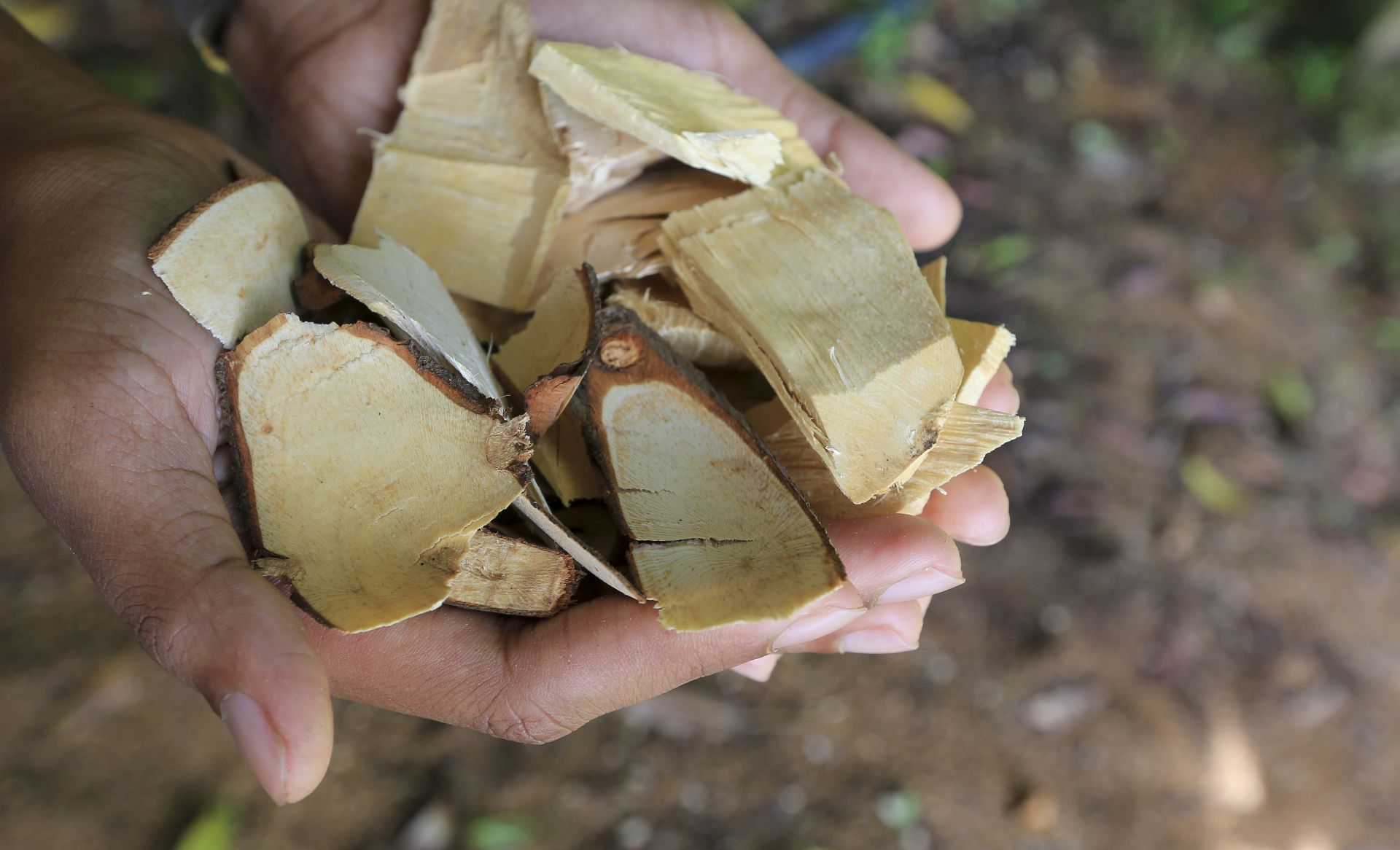
Elevated sugar and insulin resistance are no joke. When they are not diagnosed in time and not addressed, there is a serious risk of progression to type II diabetes. Berberine has properties that lower blood glucose levels and improve insulin sensitivity. In regulating sugar levels, it can be of great help!
- Berberine - what is it?
- Benefits of berberine in glucose metabolism disorders
- Berberine vs metformin
- Berberine dosage in supplementation
Berberine - what is it?
Berberine is a plant alkaloid, extracted mainly from the Common Berberis(Berberis vulgaris), but it is present in several different plant species. Both Berberis vulgaris and other plants rich in berberine have a long history (up to 3,000 years!) of therapeutic use in Ayurvedic, Iranian and Chinese folk medicine. In China, the plant is sold as an OTC drug, and in Europe and the US, it can be used in the form of capsuled dietary supplements.
Outline of berberine's properties
Preclinical studies show the anti-inflammatory and antioxidant properties of berberine. In animal models, it revealed its neuroprotective and cardiovascular protective effects. In humans, its lipid-lowering and insulin sensitivity-enhancing effects have been clearly demonstrated in numerous randomized clinical trials. Moreover, preliminary clinical evidence suggests the plant's ability to reduce endothelial inflammation improving blood vessel health, even in patients already affected by cardiovascular disease. Based on the evidence, the researchers suggest the possibility of using berberine to counter chronic cardiometabolic disorders.
Benefits of berberine in glucose metabolism disorders
The use in cases of insulin resistance or type II diabetes has been analyzed in many scientific studies. The ability to regulate blood sugar is also berberine's greatest asset and the main reason for its use in supplementation.
In the human body, glucose uptake by peripheral tissues is triggered by two main pathways: dependent on insulin signaling and activated by exercise. Researchers show that berberine enhances both signaling pathways, both improving cellular sensitivity to insulin and partially mimicking the effects of physical activity. An additional benefit is its ability to inhibit glucose uptake in the gut, making it effective in lowering glucose, acting in multiple ways.
The antioxidant properties are also valuable, since in type II diabetes, oxidative stress is very strong and generates a lot of damage. Excess free radicals can damage pancreatic β-cells and impair insulin production, among other things. Oxidative free radicals have also been linked to increasing the risk of developing nephropathy, neuropathy and retinopathy in diabetes. The reduction of oxidative stress by berberine protects the pancreas, as well as mitochondria in other tissues, thereby promoting energy metabolism.
Berberine vs metformin
The plant is considered a natural and over-the-counter counterpart to metformin. There is a lot of truth in this, as they have very similar mechanisms of action and even similar dosages. Both metformin and berberine are AMPK activators.
In a clinical trial, berberine showed efficacy in lowering fasting glucose and glycated hemoglobin HbA1C (an indicator showing glucose levels over a longer period of time) similar to metformin and rosiglitazone.
In medical practice, metformin is used because it is the one available as a drug in our pharmacies. Berberine, due to its easy availability, is usually included in supplementation on its own, when a subjective assessment of the state of sugar metabolism does not yet prompt a doctor's visit, but already suggests the implementation of some preventive measures.
Berberine is also valued for its natural origin and for its sometimes-noted slight effect on improving mood.
Berberine dosage in supplementation
The most popular capsules and tablets have 300-500 mg of berberine per capsule. This is usually Berberine HCl. Dosages of 900-1500 mg per day are considered the optimal dosage for glucose management problems. It's a good idea to break this up into 2 or 3 servings throughout the day and use it with main meals containing the highest amount of carbohydrates.
Side effects of berberine
The biggest contraindication to berberine use is hypoglycemia. Supplementation could then cause even greater drops in blood glucose. Other than that, berberine is usually well tolerated, and possible side effects could include nausea or digestive problems.
Sources:
- Cicero AF, Baggioni A. Berberine and Its Role in Chronic Disease. Adv Exp Med Biol. 2016;928:27-45. doi: 10.1007/978-3-319-41334-1_2. PMID: 27671811.
- Zhang H, Wei J, Xue R, Wu JD, Zhao W, Wang ZZ, Wang SK, Zhou ZX, Song DQ, Wang YM, Pan HN, Kong WJ, Jiang JD. Berberine lowers blood glucose in type 2 diabetes mellitus patients through increasing insulin receptor expression. Metabolism. 2010 Feb;59(2):285-92. doi: 10.1016/j.metabol.2009.07.029. epub 2009 Oct 1. PMID: 19800084.
 ⮜ Previous article
⮜ Previous article
Eurycoma Longjack - properties of Malaysian ginseng
 Next article ⮞
Next article ⮞